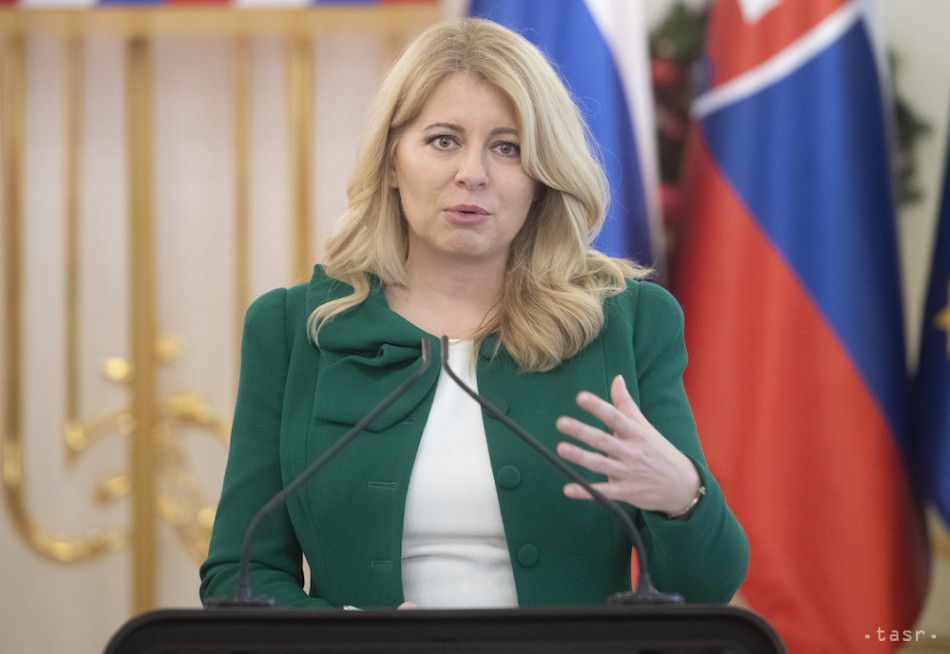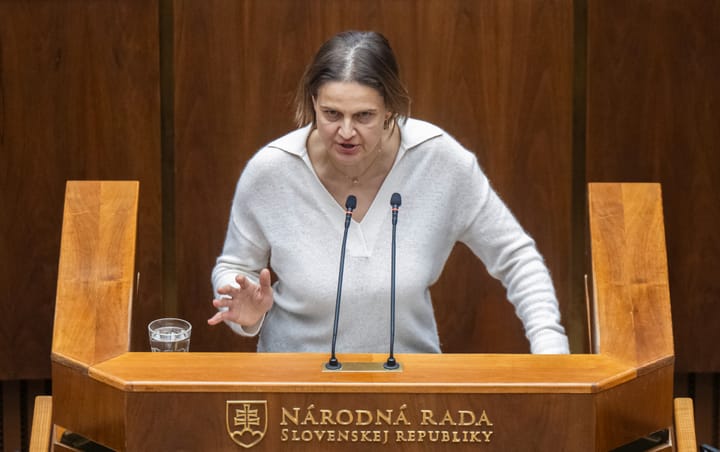Caputova: Uncultured Manners Among Biggest Obstacles to Slovakia's Development

Bratislava, January 1 (TASR) - One of the biggest obstacles to the development of Slovakia is uncultured behaviour, especially in politics, and the number of conflicts in society, stated President Zuzana Caputova in her New Year speech on Sunday afternoon, pointing out that elections mustn't change democratic values.
According to the head of state, the uncultured behaviour or conflicts are an obstacle for many to stay in Slovakia or return home. She pointed out that animosity becomes an accompanying feature of public life and spills over into ordinary relationships. "Rudeness, vulgarity and lies aren't a sign of strength but of weakness. Real strength lies in calmness and insight. And the greatest strength is the ability to be in control of yourself," she stated.
Caputova noted that the elections don't change society and the democratic values on which it is based mustn't change. "And if there's an effort to make fundamental changes, then necessarily after thorough analysis and honest discussion. When building our statehood, we therefore need continuity in values. Not only declared, but real," stressed the president.
Caputova therefore appeals for the protection and promotion of constitutional democratic values. Institutions that are necessary for the functioning of democracy should also be protected. According to her, these are law enforcement bodies, free media and non-governmental organisations.
"Let's continue to do so with respect and decency. So that the desire to fight doesn't darken anyone's mind and so that fighting itself doesn't become the main meaning of our actions instead of the values we wanted to protect," said the head of state, adding that building and strengthening statehood is a common duty.
Caputova pointed to active citizens and non-governmental organisations that have been providing long-term functions in the areas of social care, education, environmental protection and in the promotion of minority rights. Slovaks can also rely on local authorities, which, according to her, once again confirmed their viability and professionalism and were a stabilising element of the functioning of the state in changing times.



